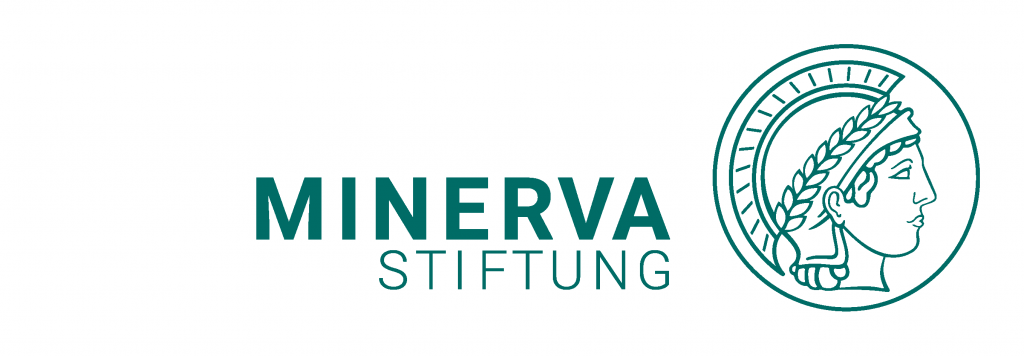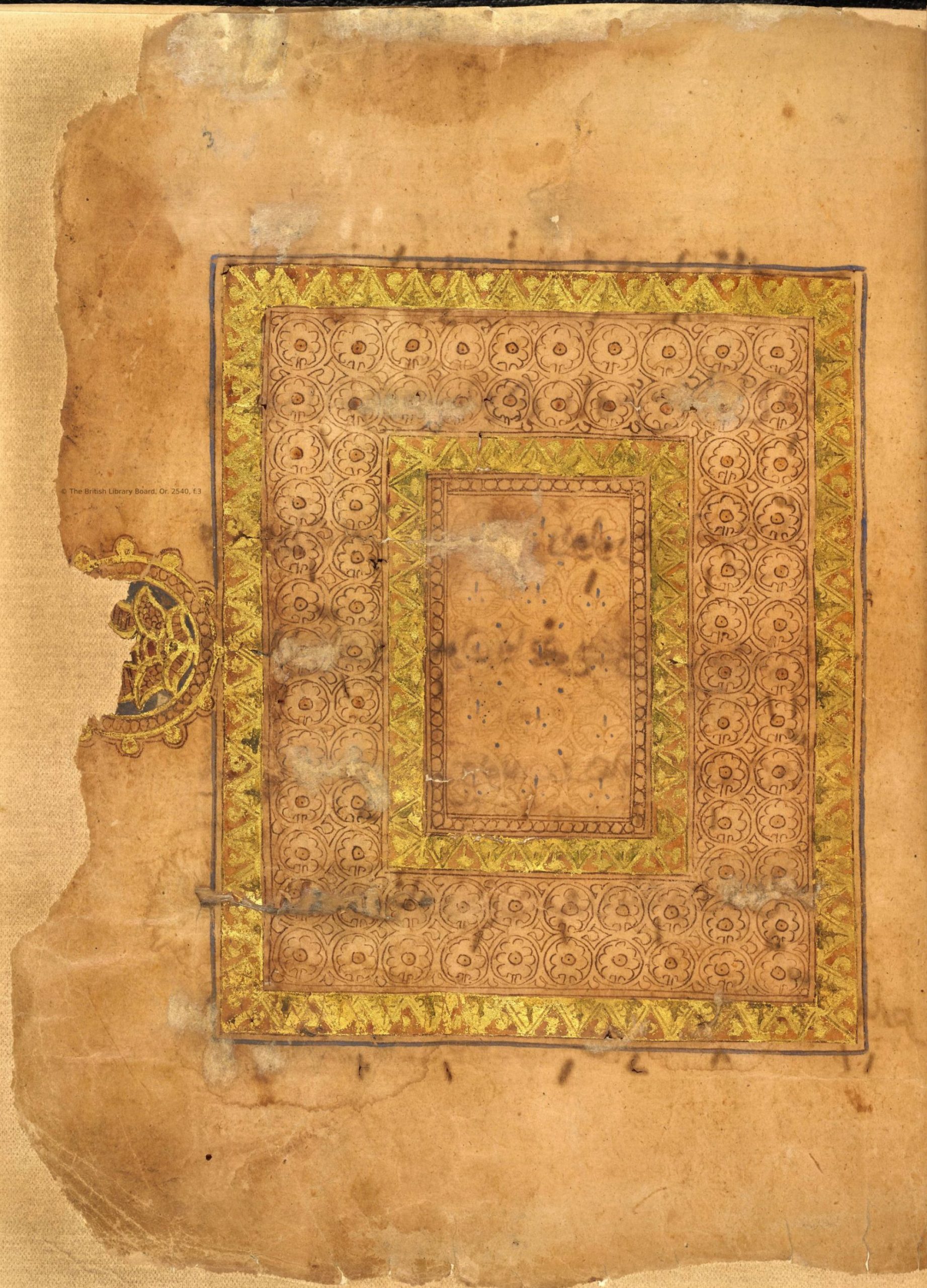This project, which is run in collaboration by Miriam Goldstein (Hebrew University of Jerusalem) and Ronny Vollandt (Ludwig-Maximilians-Universität, Munich), will recover a significant portion of the rich Arabic and Judaeo-Arabic manuscript heritage known as the Firkovitch Collection, held in the Russian National Library in St. Petersburg and available in microfilm and digital form at the National Library of Israel in Jerusalem.
Our main objectives will be (1) to continue the identification and cataloguing of manuscripts related to Bible exegesis and translation in the Firkovitch collection series RNL Yevr.-Arab. I, (2) to make the metadata accessible for further research, so as to enable the integration of the findings into related fields, including Judaic studies, Islamic and Arabic studies, and the study of Eastern Christianity.
The project will focus on cataloguing the biblical exegesis and translation manuscripts in the RNL Evr.-Arab. I series. This series contains approximately 2,700 manuscripts of Bible commentaries and translations, 889 of which have already been catalogued. Building in the existing tools and identifications, the project will catalogue the remaining 1,811 manuscripts.
The manuscripts of the Firkovitch collections, some eighteen thousand items (in which one item can include hundreds of folios) gathered by the Karaite community leader and explorer Abraham Firkovitch in the latter part of the nineteenth century, provide an extraordinary window into the intellectual and religious life of the medieval Jewish communities in Arabic lands during their “Golden Age” between the 9th and 13th centuries. These centuries were a period of flourishing scholarship and creativity in Arabic by Jews, Christians and Muslims, initially fueled by an influx of translated texts from Greek, Syriac and Pahlavi. Scholars of all religions took up new genres, and scholarly interactions, both face-to-face as well as in written form, led to far-reaching changes and innovations in each religious tradition. During these centuries of literary creativity in Judaeo-Arabic amidst a thriving multicultural and multireligious environment, Jewish scholarship underwent a revolution which shaped the tradition as we know it today – that is, even after Judaeo-Arabic had given way to Hebrew and the scholarly centers of Judaism were no longer in the Near East but rather in Europe.
Previous projects have catalogued the Arabic sections of the Firkovitch collection, but more than two thirds of its treasures remain uncatalogued and even unidentified. The situation contrasts greatly to that of the Cairo Genizah collections. The value of this collection is increased multifold by the fact that many of these manuscripts are unica, containing texts not found elsewhere. They also contain a significant number of Muslim works, some of which are not known from other sources. Together with the Jewish works, these manuscripts provide an essential source for a more detailed understanding of the interactions of Jewish and Muslim thought, the wide-reaching innovations in Judaism and Islam during this period, and for the cultural dynamics of the Middle East during the medieval period as a whole.
Funded through the ARCHES Award, a Research Award for German-Israeli Cooperations funded by the Federal German Ministry for Education and Research (BMBF) and administered by Minerva. The purpose of ARCHES is to recognize and reward outstanding contributions to research as well as to strengthen German-Israeli scientific collaboration.

